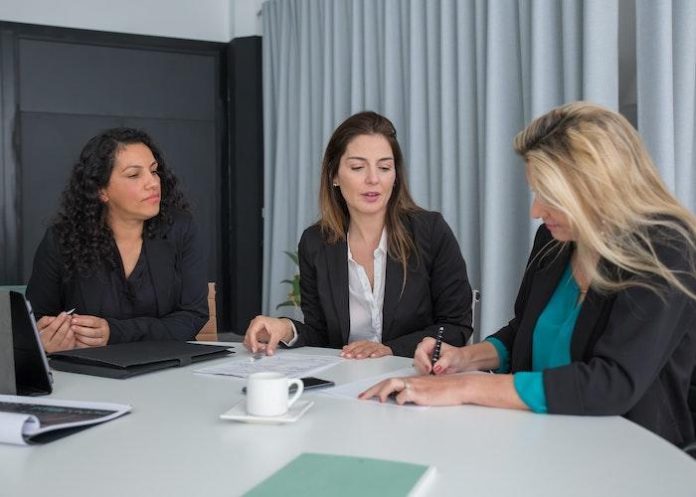
We should never expect change to be an easy process. Unconscious bias training particularly will bring us face-to-face with some very uncomfortable truths. However, once we have unveiled how the conscious and unconscious minds interact and influence our perceptions, choices and actions we are better able to adapt to gradually align to our aspirations to be better people.
Mature individuals who believe in their uniqueness and strive for authenticity will battle initially to accept that much of their positive and negative judgements are driven by automatic mental functioning without individual comprehension. This makes us feel a little out of control in the face of our inherent lack of neutrality on many subjects and in relation to all people we encounter.
Harnessing the positives and negatives
We can only break down this barrier to our evolution by undergoing training for unconscious bias training that orients us fully on the challenges as well as the opportunities to address this proactively. The ultimate objective is to influence ourselves aligned to our chosen values, ethics, morals, and principles. Diversity training unconscious bias will heighten our understanding of how we can get better alignment over time between embracing diversity and achieving inclusivity mentally as well as in our everyday actions.
Unconscious bias training highlights our patterns of thinking, judgment, and behaviour. The mental conflict that arises out of these insights causes uncertainty and anxiety. This, however, activates our determination to address this once we know there are actually personal skills, practices, and tools available to improve. Internal and external conflict creates opportunities for growth and if dealt with constructively, often great solutions emerge.
Training for unconscious bias gives us the gift of opening our eyes to reality in all its stark beauty as well as its dark underbelly. As we interrogate the subject and examine some unforgiving truths about our psychological make-up, we are able to fine-tune our approach to tackle the problem where unconscious bias does not serve us well. It will teach us that we need to really be intentional. We need to think harder and be more focused at the moment to extract correct information. The introduction of the conflict, between how we actually are and how we want to be, reinforces that to break barriers, we cannot be passive bystanders in the process.
Diversity training unconscious bias allows us to examine our track record and begin to shape ourselves with greater clarity. This process of close examination of ourselves will necessitate that we make a serious commitment to personal change together with all its demands. An essential part of growing from unconscious bias training is starting to frame a clear picture of what we want to be as well as what we stand for. Once this is in place, it will be easier to navigate through the inherent challenges with greater confidence that we will prevail.
Gifts from insights

A big part of diversity training unconscious bias is learning greater humility and openness to others’ perspectives when we see our own flaws and vulnerabilities. Quickly we concede that we are not always right and that there is always a need for different perspectives to enrich us. We become more disciplined in every aspect of our thinking and emotional responses and create space for others. Flexibility becomes part of our orientation and we learn the benefits of working hard to see others’ perspectives and motivations.
When we have mastered what training for unconscious bias has to offer, we will be better at the management of our impulses and appreciate the need to be in constant listening mode. Our level of alertness will have increased in all areas of our lives to allow us to balance different aspects of our interactions with others and situations to secure optimal outcomes. Additionally, we will realise that often we will need to discuss uncomfortable observations with others to allow for greater dialogue on mutually beneficial solutions. If handled with empathy and honesty, there is every possibility that deeper and more resilient relationships will unfold.
Another outcome of unconscious bias training is that we become more realistic about the pace at which we ourselves as well as others can change. We see that given the operation of the brain creating sustainable shifts is not an overnight process. We will come to terms with the fact that often there will be setbacks despite best intentions. This will introduce a sense of compassion and goodwill into the equations on all fronts.
Being more realistic about the dynamics of change will dilute the potential volatility in our emotional response when things are difficult. We discover that remaining calm and returning to our learning insights is the best way to maintain positive momentum. We will gradually be at peace with our true nature and that of others as we appreciate the value of difference. Barriers fall when we finally see there are in fact friends and allies where previously we imagined opposition, antagonism, and even hostility.
Check also : How RecordMe Automated Bookkeeping Transforms the Future with e-Invoices
